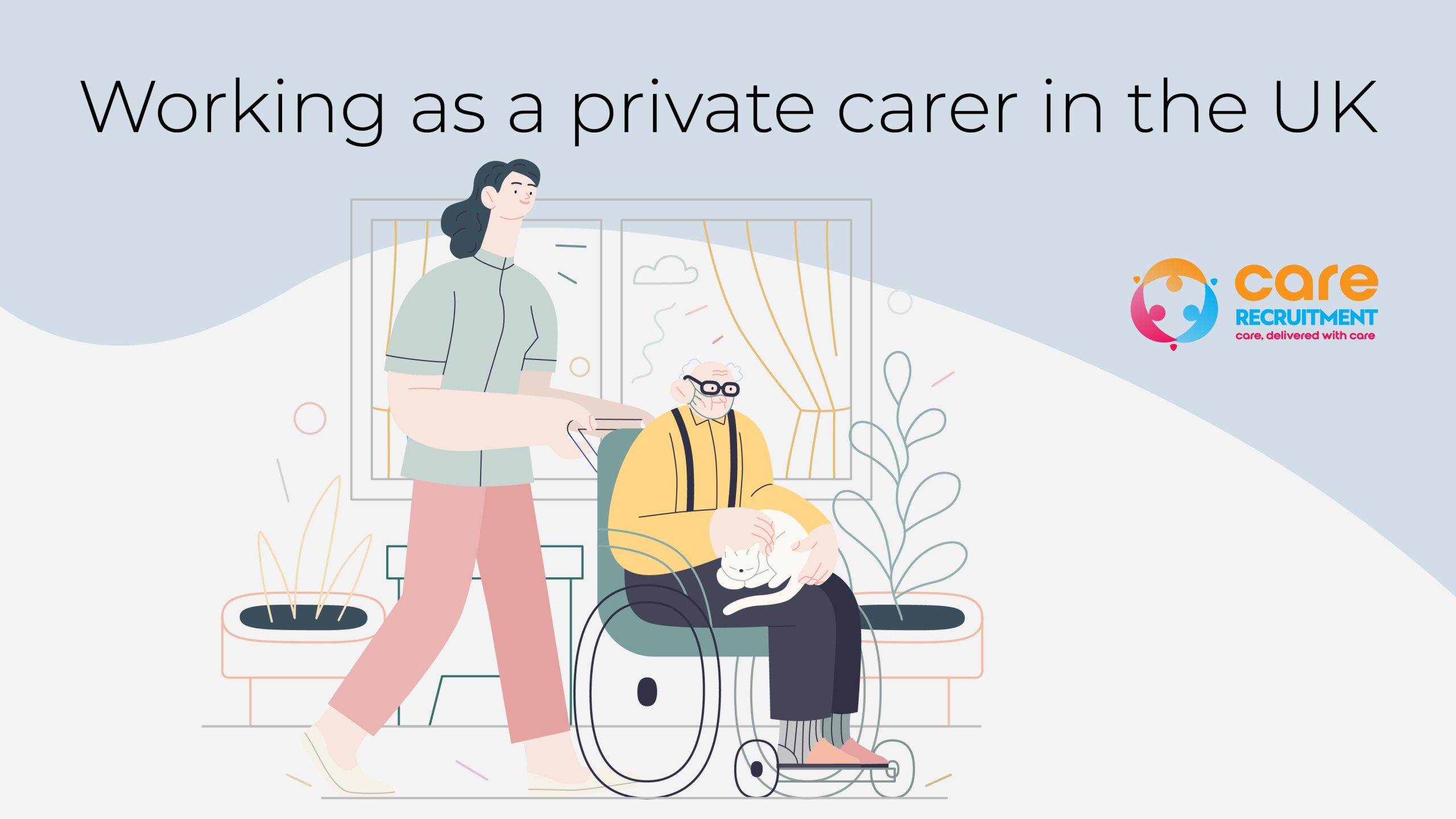
Working as a private carer in the UK can be a rewarding and fulfilling career. It involves providing personal care and support to individuals who require assistance with daily tasks due to illness, disability, or old age. Private carers work directly with clients and their families to provide a range of services that cater to their specific needs.
Private carers work independently and are often self-employed. They can choose to work for one client or multiple clients, depending on their availability and workload. They can work full-time, part-time, or on a flexible schedule that suits their lifestyle. The demand for private carers in the UK is increasing, as more people require care and support to live independently in their own homes.
One of the main advantages of working as a private carer in the UK is the flexibility it offers. Private carers have the freedom to choose their working hours and can fit their work around other commitments. They can also negotiate their pay rate with clients and can earn a higher hourly rate than carers who work for agencies. However, private carers are responsible for finding their own clients and managing their own business, which can be challenging for some.
Private carers provide a range of services to clients, depending on their needs. These services can include personal care, such as bathing, dressing, and grooming, as well as household tasks, such as cleaning and cooking. Private carers also provide companionship and emotional support to their clients, which can be invaluable for those who live alone or have limited social contact.
To become a private carer in the UK, there are no formal qualifications required. However, it is important to have some experience working in the care sector, as well as the necessary skills and attributes to provide high-quality care. Private carers need to be patient, empathetic, and compassionate, as well as reliable and trustworthy. They also need to have good communication skills, as they will be working closely with clients and their families.
Private carers in the UK can work with a range of clients, including elderly people, people with disabilities, and those with long-term illnesses. Some clients may require specialist care, such as dementia care or palliative care, which may require additional training or experience. Private carers may also work with clients who have complex medical needs, such as those who require medication administration or assistance with respiratory support.
One of the challenges of working as a private carer in the UK is managing the administrative side of the job. Private carers need to keep accurate records of their work and finances, as well as ensure that they are meeting legal and regulatory requirements. This includes having the necessary insurance, obtaining a DBS check, and registering with HMRC for tax purposes.
In conclusion, working as a private carer in the UK can be a rewarding and flexible career. Private carers provide essential care and support to individuals who require assistance with daily tasks, allowing them to live independently in their own homes. While there are no formal qualifications required, it is important to have some experience in the care sector, as well as the necessary skills and attributes to provide high-quality care. Private carers need to be patient, empathetic, and reliable, as well as have good communication skills. While there are challenges to working as a private carer, such as managing the administrative side of the job, the rewards of providing essential care and support to clients can make it a fulfilling career choice.